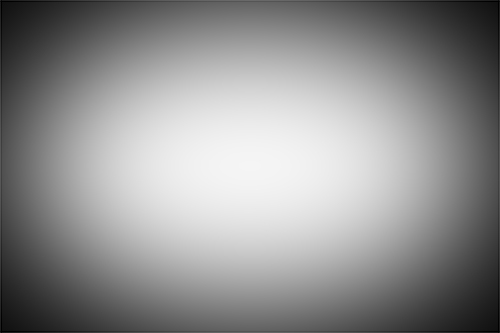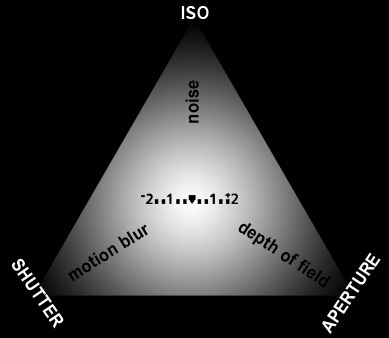
Vignette in photography is loved and is also hated by photographers. By its existence, vignette can beautify the view of a photo and sometimes can also make it look indecent. Vignette appears because we purposefully add it using special filter or digital imaging software. Apart from that, usually lens camera makers try to create ones with minimum amount of vignette effects using high quality optic that can be very expensive. So then, what is vignette actually?
What is vignette?
Vignette is an effect appearing on the outskirts of a photo that looks darker than the middle part. It can be like a thick shadow or degradation of color that comes thin at the center and gets darker to the edge of an image depending on the type of the vignette.
This effect can be strength to make a photo look good yet sometimes can make it look bad instead. Vignette can draw attention to its middle part and is very suitable for an object with dead center composition (object located exactly in the middle of the frame) like portrait. But it can make the photo look exaggerated or lose its quality because its verges appear too dark.

So, adding it deliberately or not, vignette effect along with its variety of types is important to be understood. Apart from that, you need to know how and why they appear.
Mechanical vignette
This is a vignette that appears because something is deliberately put on the lens so that it will block the light that gets in. it can be caused by a bad lens construction as well, but it does not always happen all the time. It can also happen because of the installation of hood lens which is unsuitable or because there is too many piling up filters. There are filter lenses created purposefully to add vignette effect for artistic purposes.
There is also a type of vignette that will appear because of additional accessories on the lens like Tele lens converter or wide angle lens converter. It is very easy to know whether this mechanical vignette can be a problem or not. Take off all connections to the lens and see if there is still any effect there. If there is any then the problem is in the lens. If it is gone then you have to check your accessories that are attached to the lens again.
Optical vignette
It is cause by the quality of the optic on the lens. Every single addition of lens glass will narrow the opening of effective lens that will let the light get in. this type of vignette tends to be soft and degraded.
Optical vignette can be fixed by controlling the value of diaphragm. Lenses with extreme diaphragm opening, f/1.2 for example, or some types of Tele lenses got a tendency to result vignette on the biggest diaphragm opening. Revision for this kind of vignette can be done by increasing the number of diaphragm to eliminate, erase or alleviate the effects. For example, 50 mm f/1.2 lens where a vignette appears thicker on f/1.2 diaphragm position will ease off at f/4 position.
Be careful when you plan on purchasing a lens (read about this in the article on choosing lens). Do some researches on some lenses carefully before you make your choice that can be disappointing when there is an appearance of this vignette.
Natural vignette
This one is different from the others because it is not caused by a light that is blocked when it gets into the lens but because of the intensity and the direction of the light.
Natural vignette will appear because of the result of a corner where the light gets in pertaining to the sensor where the amount of light which is on the edge of the sensor decrease comparing to the middle or center part. Such effect is deemed natural and fair like when we shoot sunset, the light around the sun must look brighter and the intensity will decrease on the objects that are distant from the source of light.
Artificial vignette
Well, this one pretty obviously is a vignette which is purposefully added by using image editor software. It can be made in a variety of colors though it is mainly in black. There is also a variety of textures that depend on the photographers’ preferences. Everything is possible when you meet digital manipulation level. Software can be use to add or to lessen vignette effect on a photo.
This type of vignette is done by photographers for artistic purposes. Usually they prefer to use it in order to let the object in the middle stand out. We will discuss on how to add this vignette in the next article.


















